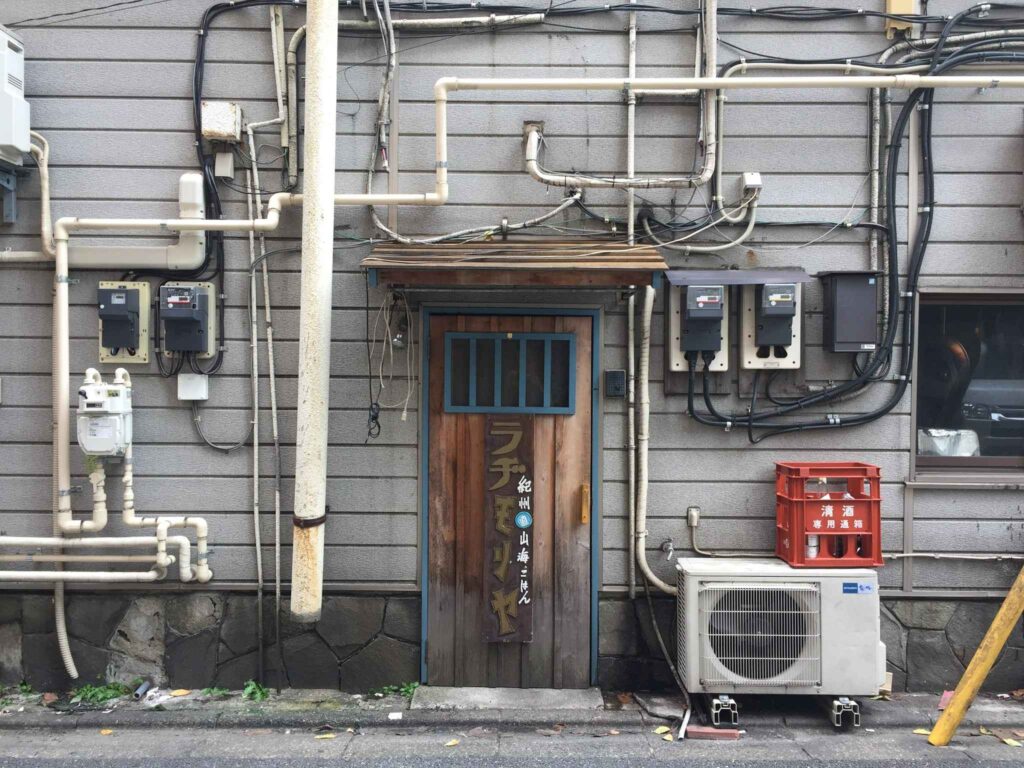How Safe Is Indoor Plumbing?

Table of Contents
It’s hard to imagine life without indoor plumbing. We take for granted the convenience of being able to turn on the tap and get water whenever we need it. But how safe is this convenience? Is our water as clean as we think it is?
Types of Indoor Plumbing
There are many different types of indoor plumbing, from the simple systems found in older homes to the more complex ones used in newer construction. The most common type of indoor plumbing is the central water system, which supplies water to all the rooms in a house through a network of pipes. This system is usually connected to a municipal water supply, treated with chemicals to kill bacteria and other contaminants.
Another type of indoor plumbing is the septic system, which is used in areas where there is no central water supply. Septic systems are self-contained and use a series of tanks and leach fields to treat wastewater before returning to the ground.

Benefits Of Indoor Plumbing
1. Provides A Clean and Reliable Source of Water
The main benefit of indoor plumbing is providing a clean and reliable water source. This is especially important in areas where the water supply is not as clean or reliable, such as rural or developing countries.
Indoor plumbing also helps to protect people from exposure to contaminated water. For example, in areas where the water supply is not treated, people can be exposed to bacteria and other contaminants that cause serious illness.
2. Improves the Quality of Life
Indoor plumbing also improves the quality of life. With a reliable source of clean water, people can cook their food and clean their homes quickly. This is especially important in areas where people are living in poverty.
Indoor plumbing also allows people to have access to flush toilets, which helps to keep them healthy. In areas with no indoor plumbing, people often resort to using restrooms, which can spread disease.
Indoor Plumbing Risks
Indoor plumbing is generally safe and beneficial, but some risks are to be aware of are:
1. Contamination of the Water Supply
This can happen if there are leaks in the pipes or the water is not treated correctly. However, contaminated water can cause serious illnesses, so ensuring your indoor plumbing is in good working order is essential.
If you have a private well, have the water regularly tested to ensure it is safe to drink. If you suspect your water may be contaminated, contact your local health department for further testing.
In the case of a septic system, proper maintenance is essential to prevent groundwater contamination. Have your septic system inspected and pumped every three to five years by a qualified professional. You can easily find a qualified professional by searching for plumbing contractors in Las Vegas.
2. Flooding
Heavy rains can cause sewage systems to overflow, flooding homes and businesses. Floodwaters can contain harmful bacteria and other contaminants, so it’s essential to stay safe during a flood.
If you live in an area prone to flooding, be sure to have a plan in place in case of an emergency. Have a supply of clean water and food on hand, and know how to turn off the power to your home.
3. Fires
Fires are another hazard that can be caused by indoor plumbing. If a water heater or other appliance is not functioning correctly, it can cause a fire. Be sure to have your appliances regularly serviced to prevent this from happening.
Precautions To Prevent Indoor Plumbing Hazards
1. Check Your Pipes Regularly for Leaks
Pipes that are leaking can cause water contamination and flooding. Be sure to check your pipes regularly, and have them repaired or replaced by a qualified professional if necessary.
2. Have Your Septic System Inspected and Pumped Regularly
Septic systems that are not properly maintained can cause groundwater contamination. Have your septic system inspected and pumped every three to five years by a qualified professional.
3. Service Your Appliances Regularly
Appliances that are not properly maintained can cause fires. Be sure to have your appliances serviced by a qualified professional regularly.
Indoor plumbing is generally safe and beneficial, but some risks are to be aware of. You can prevent these risks from becoming a problem by taking simple precautions. Contact a qualified professional if you have any concerns about your indoor plumbing.



